Q & A with DeNean Stafford III, owner Stafford Vintage Automobiles 11.17.22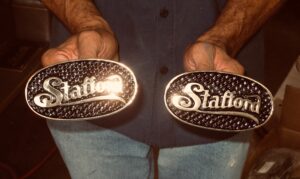
Topic: Restoration Process or “Ask the Man Who’s Restored One!”
Q: How many vintage automobile restorations have you undertaken?
A: Nine total: six complete and three partials including a 1911 Stafford Speedster; four Rolls Royce Silver Ghosts: 1911, 1914, 1921, and 1925; a ’31 Duesenberg, and three vintage Bentleys. Currently, we are working on a ’21 RR Silver Ghost, a 1903 Knox, and 1912 Packard. We were also “caretakers” of one of the most revered antique automobiles in the world, the 1910 Rolls Royce Silver Ghost Pullman Limousine, the “Fuller,” aka as the “Mary Rose,” for over seventeen years.
Q: What are the considerations for a vintage car restoration?
A. Firstly, one needs to decide how you’ll use the car and your budget. Do you want a car that’s totally correct? Or, are you looking for a fresh paint job? Will you use it for touring, showing, parades, or just to own? Two classifications, primarily: use it or show it. Some people buy based on emotions such as a car like the one a beloved grandfather owned or based on an impression or era attachment. They may never take it out of the garage but enjoy owning it.
Lastly, one needs to think about comfort, especially if you’re using the car. Let me emphasize, however, that it’s best to purchase the best car on the market that you can afford that is already restored. You do yourself a favor in saving time, the headaches, and dealing with the unknown. If you’re a novice or not, it’s sometimes helpful to hire a qualified appraiser.
Q: Where do you get your vintage cars?
A: From other collectors, dealers, auctions, and friends in the hobby. Automotive publications such as Hemmings can offer leads. If you’re interested in a certain marque, join its club and meet people, follow their news and attend events. Learn more about it before you jump in.
Q: How does one decide to restore an antique automobile?
A: There are very few cars in which one can purchase, restore, and recoup the investment. Is your purchase an investment or for your own personal gratification? The decision can be emotional, especially if you’re new to the hobby. You’re not going to “steal” a car; you’re going to pay market price. If you decide to embark on a restoration, be prepared to lose a substantial amount of the restoration cost. However, there are cars that are worthy of a restoration. Every car’s circumstances and context are different. Will it have intrinsic value? Will it always be valuable, ten years or a hundred years from now? Be aware of trends, too.
Our onsite, trained mechanic performs a thorough mechanical appraisal. He has over thirty years of experience. Additionally, I vet the cars for aspects important to a collector including whether the engine or body is correct, who might the car “fit,” and what are the needs of a driver for touring or for a show.
Q: Do all collector vintage cars need restoring?
A: No. Some may need minor attention. It’s the variables that need to be considered when making a purchase. Caution: when do you put the brakes on restoration? One must consider at what point it needs to be wrapped up.
Q: How does one select a restorer once the decision has been made?
A: Not all cars are restored by professionals. If you’re a DIY’er, can you see the project through? Whether you’re a do-it-yourselfer or you hire a professional, you’ve got to see it through. Important to note, do you have buy-in from your family? It’s like gambling in Vegas and spending the children’s education. You need to be sure the whole family is considered, in my experience.
Next, if you’re hiring a professional restorer, consider whether that person has experience restoring your particular marque.
Q: How does one document the restoration?
A: A good restorer will document through photographs, videos, and copious notes. Terms such as “R&R,” remove and replace, or remove and renew, become part of the documentation. Conversations with the restorer may occur daily, weekly, or bi-weekly. Visit the car if possible. Develop a good working relationship with your restorer by employing professional business habits yourself, such as paying bills in a timely manner.
Q: What makes one restorer of a vintage car better than another?
A: What sets restoration specialists apart is their attention to details and communication skills. You set the direction, but a good restorer can keep you on the right path. With a myriad of details, some are achievable and some are not.
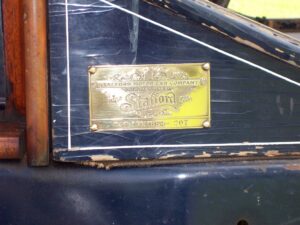
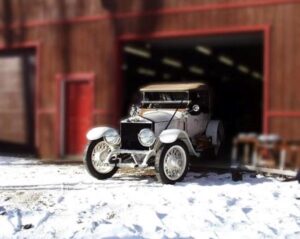
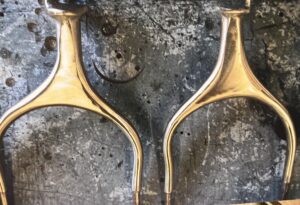

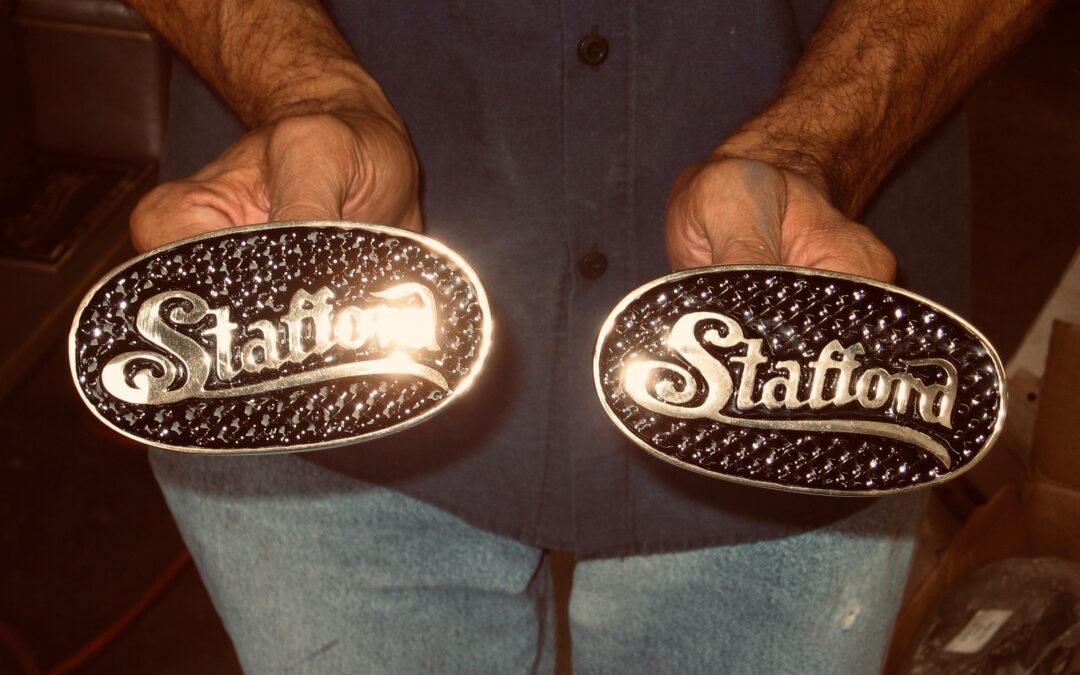
Recent Comments